External commitments
Our impact goes beyond our investments. To embrace our mission fully, we are committed to doing business in a responsible and sustainable way, guided by global standards and guidelines. These commitments are not prescribed by law but have been made on a voluntary basis. FMO distinguishes between three levels of commitment or involvement: signatory, adopter and member. For the commitments where we are a signatory, we are required to make steps towards full implementation of the relevant guidelines and/or disclose progress made towards these goals.
 | Equator Principles | Signatory |
We have been implementing the Equator Principles (EP) since 2006. This risk management framework provides financial institutions with a minimum standard for due diligence and monitoring to determine, assess and manage environmental and social risks in projects. Our annual EP report is available online. | ||
 | IFC Performance Standards | Adopter |
Our E&S approach is guided by the IFC Performance Standards of Environmental & Social Sustainability. This framework helps us understand, avoid and mitigate E&S risks and impacts, for example through stakeholder engagement and disclosure obligations of the customer in relation to project-level activities. | ||
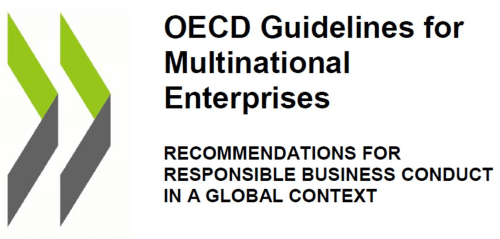 | OECD Guidelines for Multinational Enterprises | Adopter |
We follow the OECD Guidelines on responsible business conduct, notably human rights, labor rights and the environment. | ||
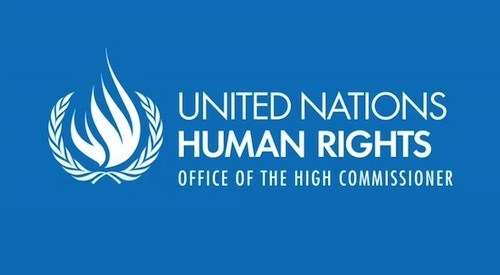 | UN Guiding Principles on Business and Human Rights | Adopter |
We integrate the set of guidelines defined by the UN for states and companies to prevent, address and remedy human rights abuses in business operations. | ||
 | ILO Standards | Adopter |
We follow the set of ILO legal instruments that set out basic principles and rights at work. | ||
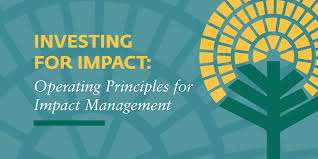 | Operating Principles for Impact Management | Signatory |
In 2019, FMO became a signatory to and advisory board member of the Operating Principles for Impact Management, a global initiative led by the IFC to increase the transparency and accountability of impact investing. FMO publishes a report every year to disclose how it has interpreted and applied these nine principles. These reports are available on our website. | ||
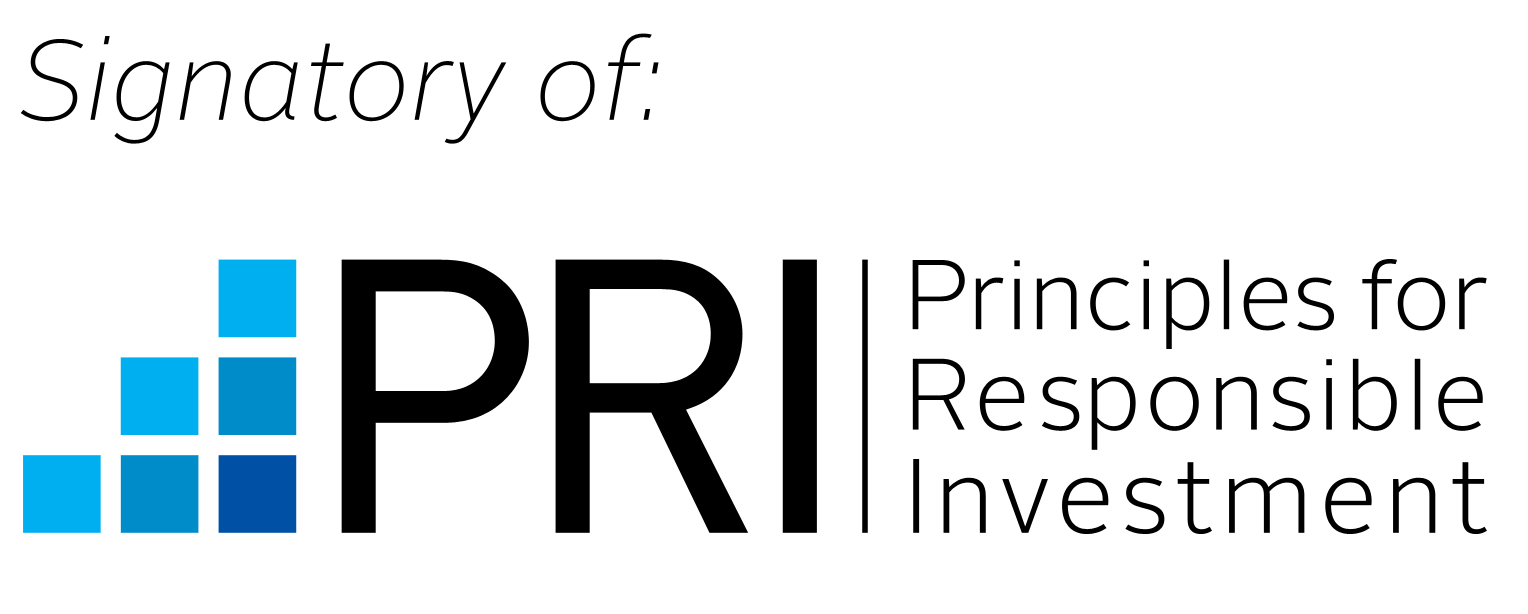 | Principles for Responsible Investment | Signatory |
FMO applies the six principles of the PRI: incorporating ESG into investment practices (Principle 1 and 2), disclosing on ESG issues (Principle 3), supporting acceptance and effective implementation of the principles (Principle 4 and 5), and reporting on progress (Principle 6). FMO’s latest report is available on the PRI website. | ||
 | UNEP FI | Principles for Responsible Banking | Signatory |
FMO is a signatory of the Principles for Responsible Banking. FMO publishes a report every year to disclose how it has progressed towards implementing these principles. These reports are available on our website. | ||
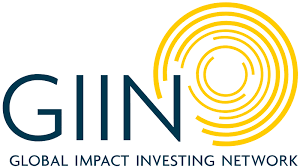 | Global Impact Investing Network | Member |
We support the GIIN because it is dedicated to increasing the scale and effectiveness of impact investing through knowledge sharing, best practice exchanges, and tools and resources production. | ||
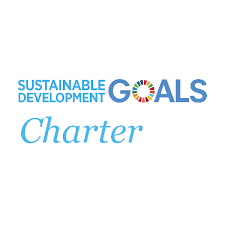 | Sustainable Development Goals Charter | Signatory |
We joined the SDG Charter Network to foster cooperation between business, civil society and local governments in the Netherlands, in order to achieve the SDGs at home and abroad. | ||
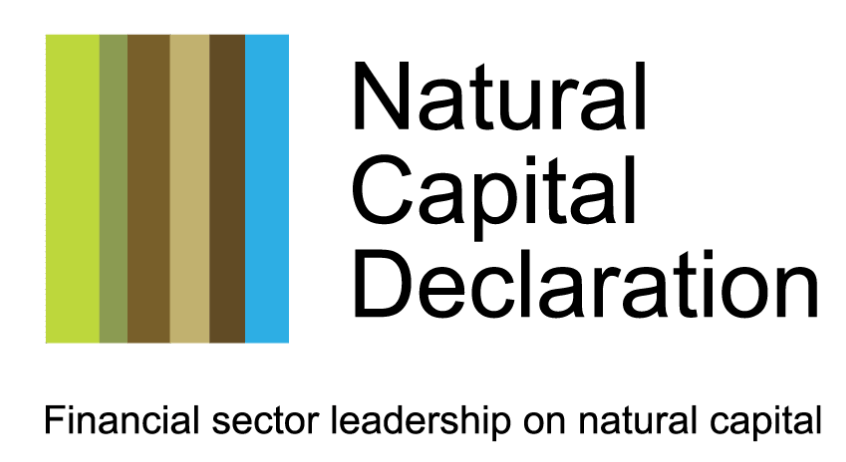 | Natural Capital Finance Alliance | Signatory |
We closely follow the developments of the NCFA initiative to integrate natural capital considerations into loans, public and private equity, and fixed income and insurance products. | ||
 | UNEP FI / EBF Working Group on Banking and Taxonomy | Member |
We are part of the UNEP Finance Initiative / European Banking Federation Working Group that assesses how the EU Taxonomy on Sustainable Activities can be implemented by banks and applied to selected banking products. | ||
Dutch Climate Accord | Signatory | |
We signed the financial sector commitment to fight climate change and support the Dutch Climate Accord. In 2022, we published our Climate Action Plan, which is available on our website. | ||
 | Client Protection Principles | Adopter |
FMO has adopted the CPP which set the minimum standards that end-customers should expect to receive when doing business with a financial service provider. | ||
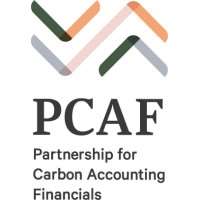 | Partnership for Carbon Accounting Financials | Signatory |
We are one of the early adopters of PCAF, an industry-led global partnership to develop and implement a harmonized approach to assess and disclose GHG emissions of loans and investments. This facilitates transparency and accountability of the financial sector to the Paris Agreement. | ||
 | Netherlands Advisory Board on Impact Investing | Member |
FMO is an active member of the Netherlands Advisory Board (NAB) on Impact Investing - a foundation that is part of the Global Steering Group for impact investment and aims to accelerate the growth and improve the effectiveness of the Dutch impact investing market. | ||
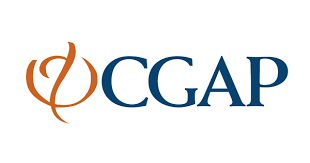 | Consultative Group to Assist the Poor | Member |
We are part of the CGAP global partnership to test, learn and share knowledge intended to help build inclusive and responsible financial systems. | ||
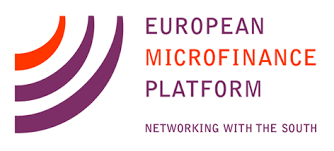 | European Microfinance Platform | Member |
We are part of the e-MFP network to foster activities that increase global access to affordable, quality, sustainable and inclusive financial services for the un(der)banked through knowledge-sharing, partnership development and innovation. | ||
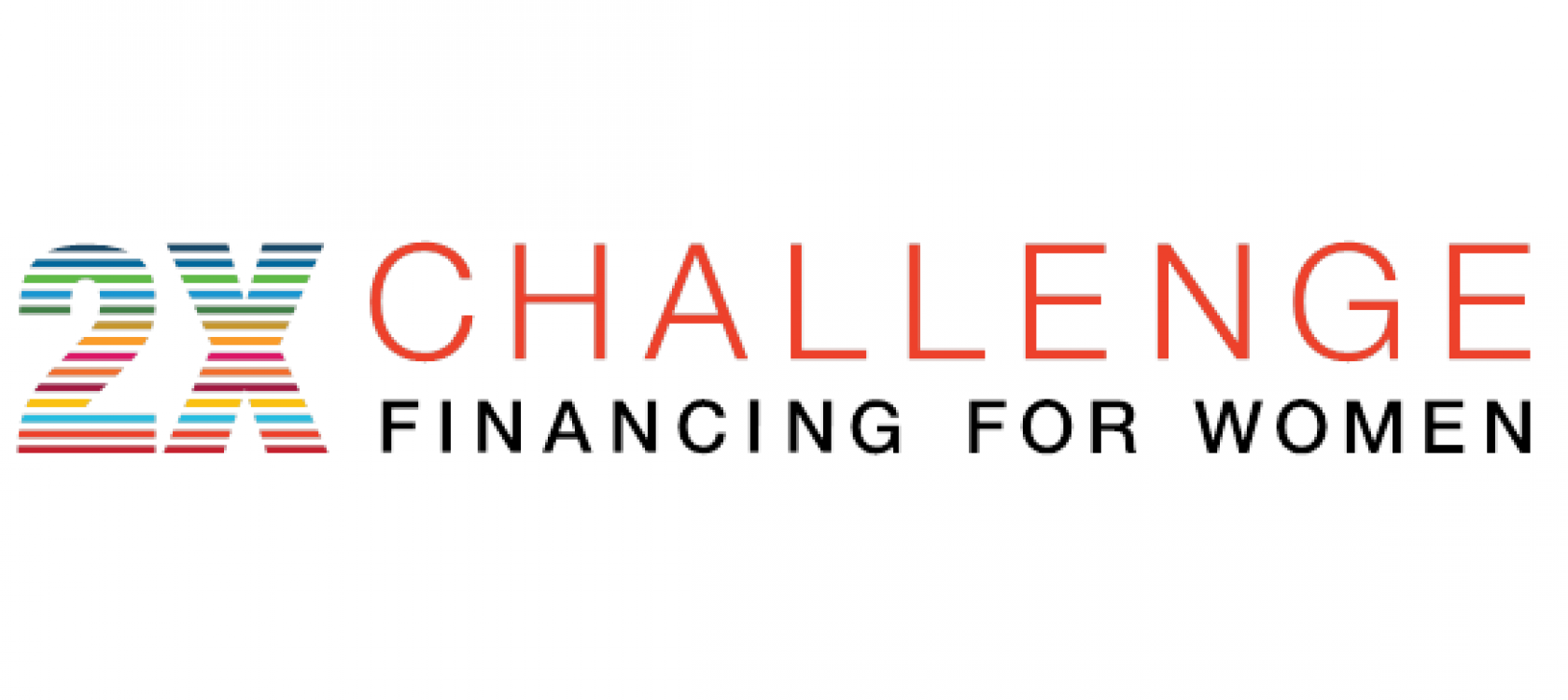 | 2X Challenge | |
In 2019, FMO joined the 2X Challenge, which was launched in 2018 by DFIs from the G7 countries. The initiative allows for setting financial ambitions among DFIs and collaboration with various stakeholders towards women's empowerment. FMO continues to be a participant in the 2X Challenge and a member of the 2X Collaborative (now 2X Global). | Member | |
 | Global Private Capital Association | Member |
We are a member of the GPCA. This aims to catalyze the development of private equity and venture capital industries in emerging markets through research, conferences, networking, and advocacy. | ||
 | Corporate Governance Development Framework | Adopter |
We adopted the Corporate Governance Development Framework as a common approach to corporate governance risks and opportunities in DFI investment operations. | ||
 | Financial Action Task Force | Adopter |
We use the FATF framework to combat money laundering and terrorism financing, as well as the proliferation of weapons of mass destruction. | ||
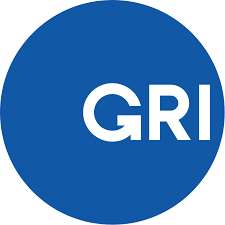 | Global Reporting Initiative (GRI) | Adopter |
We report according to the standards defined by the GRI, which helps businesses and governments understand and communicate about their impact on critical sustainability issues. | ||
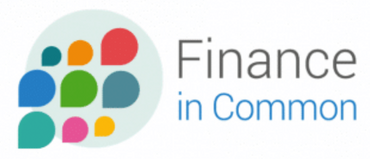 | The Paris Development Banks Statement on Gender Equality and Women's Empowerment | Signatory |
We call for accelerating the realization of gender equality and the empowerment of all women and girls through the international financial system. We recognize our substantive role in the achievement of the SDGs. | ||
 | EDFI statement on climate and energy finance | Signatory |
We commit to this statement where EDFI group outlines shared commitments to phase out fossil fuels and mobilise private sector climate finance, aligning with Paris Agreement and high disclosure standards. | ||
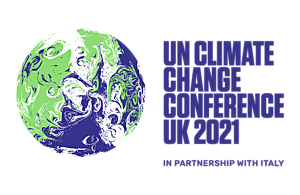 | COP26 Joint Statement on Public Finance | Signatory |
We commit to supporting the clean energy transition and end new direct public support for the international unabated fossil fuel energy sector by the end of 2022, except in limited and clearly defined circumstances that are consistent with the 1.5°C warming limit and the goals of the Paris Agreement. | ||
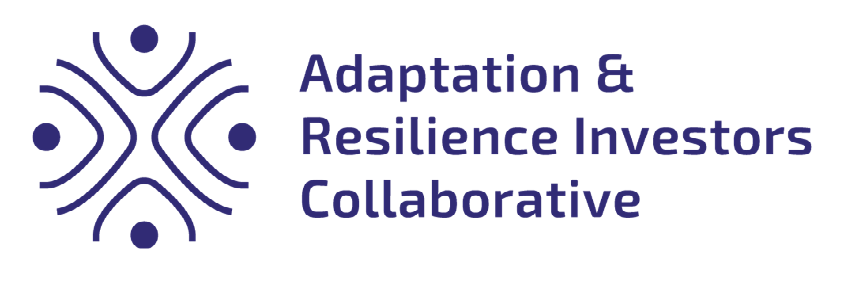 | Accelerating Investment in Adaptation and Resilience | Signatory |
We are a signatory member to the Adaptation and Resilience Investors Collaborative, an international partnership of development finance organizations. We have committed to substantially increase investments in climate adaptation and resilience to support vulnerable developing and emerging countries. | ||
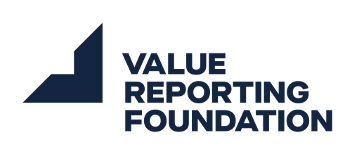 | Value Reporting Foundation - Integrated Reporting Framework | Adopter |
We follow the Integrated Reporting framework to produce our annual report. In line with this, we link our strategy and performance to the external environment and value creation in the longer term. |